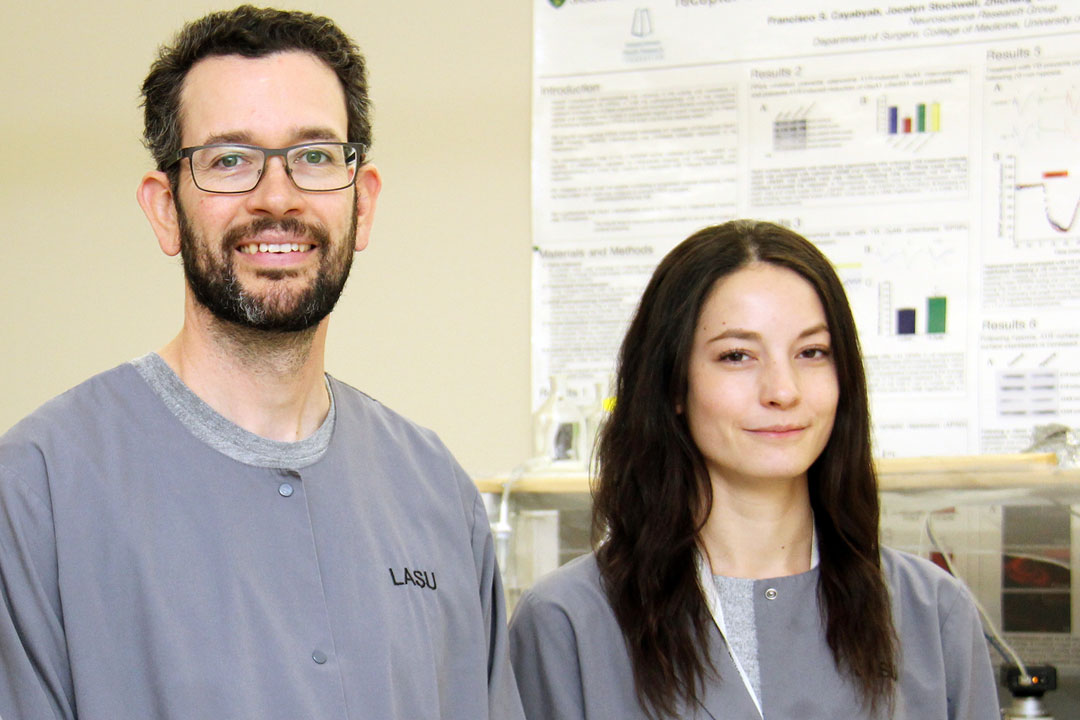
Viral infections during pregnancy could be linked to behavioural abnormalities in offspring
Male and female rats whose mother experienced a simulated viral infection during pregnancy behave abnormally, consistent with behavioural alterations in autism or schizophrenia, research by the University of Saskatchewan (USask) shows.
The USask research, published in the journal eNeuro, found that young adult rats, exposed to a simulated viral infection in utero, displayed abnormal behaviour, suggesting specific brain changes while in the womb.
The research by John Howland physiology professor in the College of Medicine, suggests that inflammation during pregnancy alters the brain development of unborn offspring and may predispose them to psychiatric illness, including schizophrenia. Howland’s findings are consistent with human studies linking exposure to inflammation in the womb to increased rates of psychiatric disorders including schizophrenia and autism.
Previous studies have found that babies whose mothers were exposed to the flu virus during the first half of their pregnancy may face a higher risk of developing schizophrenia in later life.
Schizophrenia, a serious psychiatric illness, affects around one per cent of the population. The risk of developing the illness as an adult can be up to three per cent among those whose mothers contracted flu in the first half of their pregnancy.
“Members of my laboratory have conducted a number of studies related to the effects of inflammation during pregnancy on the behaviour of the offspring using a rat model. Our research, and that of other labs around the world, consistently reveals long-lasting effects of in utero exposure to inflammation in the offspring,” Howland said.
Extensive testing of rats exposed to a simulated virus in utero showed that the young adult offspring had reduced working memories and altered fear responses, suggesting that aspects of their cognition were altered.
They were also less sociable with other rats, compared to those whose mothers had not been treated while pregnant.
Howland’s team has been studying the impact of maternal immune activation for years and found similar effects in both male and female offspring, exposed to inflammation while in utero. Research has historically been conducted mostly in males.
“Our research showed that experiences during development affect the brain, and we saw that inflammation during pregnancy affected social behaviour and memory in rat offspring as adults,” said Brittney Lins, a graduate student and member of the USask research team.
The research was funded by the Canadian Institutes of Health Research.

